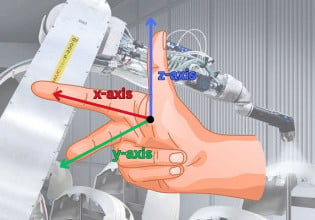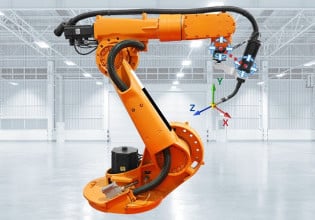J
My current level of understanding regarding automation/ process control is very limited at this stage in my research. My task is to develop survey that shows the current uses of SCADA technology in the water industry and barriers they face/reasons why systems are not being used to their fullest extent. It has been relatively easy to find out what can be done in regards to remote monitoring and control WRT water treatment and distribution systems with all the available info on the net (including this site which I have found to be particularly useful).
Not being a system user/ developer it is hard for me however to understand the reasons why many water utilities do not have the most sophisticated SCADA system possible implemented to protect us on something as vital to national infrastructure and security as water supply. I have visited a few water/wastewater treatment facilities and spent extensive hours on the internet trying to understand why systems across the country do not continuously upgrade their systems and what are the main barriers that exist when trying to add new functions to a SCADA system such as various water quality sensors, energy management equipment/sub-metering , security monitoring equipment, maintenance prediction, etc.
So far the number one item I have heard/read would be lack of money/time. Other reasons (correct me if I am wrong) include; no onsite (in house) SCADA expert to perform upgrades, HMI/SCADA software limitations, incompatibility of 3rd party components with proprietary systems, and many others I am sure. If any of you have personal experience with upgrading SCADA systems I would greatly appreciate hearing about problems you may have had or why upgrading a system is not as easy as just plugging in a new sensor. Reasons I am interested in would be from both the management and technical perspective.
Thanks,
Jesse
Not being a system user/ developer it is hard for me however to understand the reasons why many water utilities do not have the most sophisticated SCADA system possible implemented to protect us on something as vital to national infrastructure and security as water supply. I have visited a few water/wastewater treatment facilities and spent extensive hours on the internet trying to understand why systems across the country do not continuously upgrade their systems and what are the main barriers that exist when trying to add new functions to a SCADA system such as various water quality sensors, energy management equipment/sub-metering , security monitoring equipment, maintenance prediction, etc.
So far the number one item I have heard/read would be lack of money/time. Other reasons (correct me if I am wrong) include; no onsite (in house) SCADA expert to perform upgrades, HMI/SCADA software limitations, incompatibility of 3rd party components with proprietary systems, and many others I am sure. If any of you have personal experience with upgrading SCADA systems I would greatly appreciate hearing about problems you may have had or why upgrading a system is not as easy as just plugging in a new sensor. Reasons I am interested in would be from both the management and technical perspective.
Thanks,
Jesse






